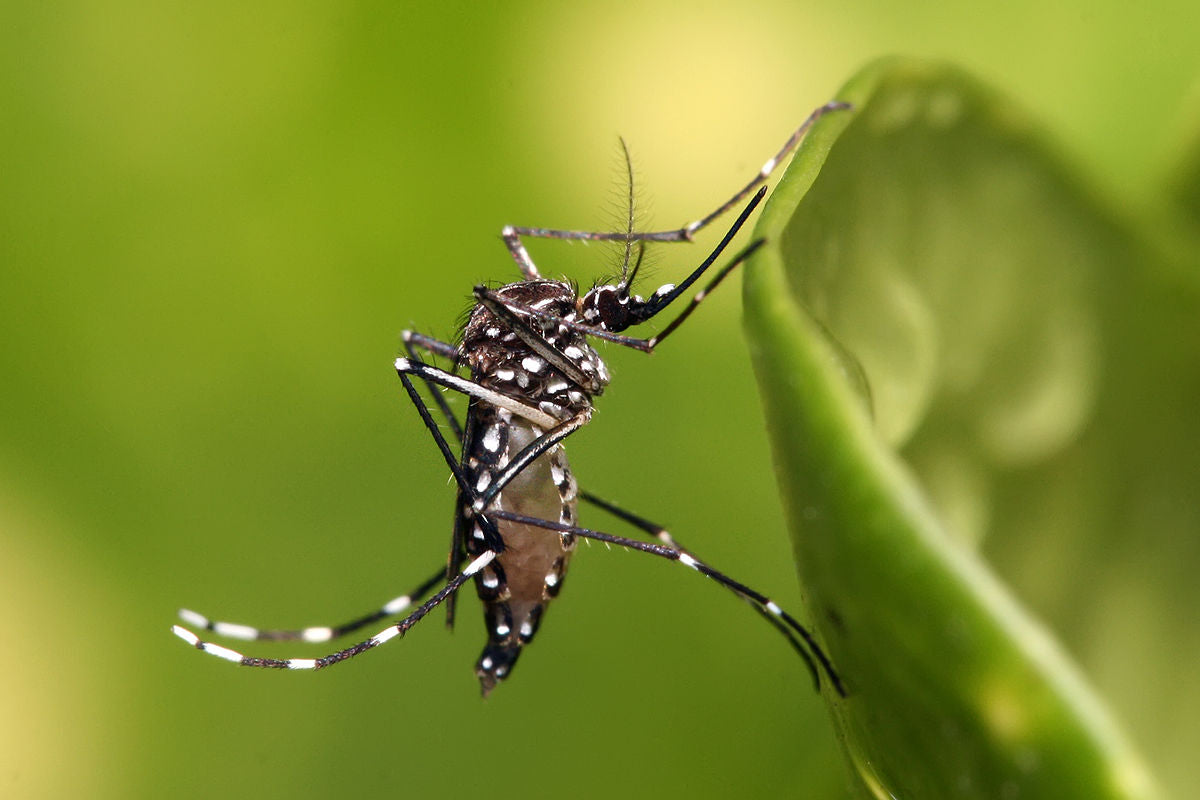
Mosquitoes that carry viruses like dengue and chikungunya have moved into new parts of Europe, increasing the risk of illness, studies have shown.
European scientists have recently confirmed that more frequent heatwaves and flooding, alongside the longer, warmer summers in Europe, have created more favourable conditions for the bugs - which are carriers of mosquito-borne diseases that can lead to illness and even death.
The report, by the European Centre for Disease Prevention and Control (ECDC), tracks the spread of different species of mosquitoes that can carry and transmit a number different of viruses to humans.
These include dengue and Zika - which can cause a range of symptoms such as fevers and muscle aches, and in the worst cases make people extremely ill.
The new report suggests this year, the Aedes albopictus mosquito (known to carry dengue and chikungunya) "established" itself in 13 countries in Europe - meaning it has developed a self-sustaining population that is reproducing - compared with eight European countries a decade ago.
Meanwhile, last year, Aedes aegypti, which can spread diseases such as yellow fever, Zika and West Nile virus, became established in Cyprus, and scientists warn it may continue to spread to other countries.
So how can you protect yourself?
The first thing to ensure is that you are prepared with proper repellent - such as the DEET-free products we carry here at THEYE. Our formula is 100% effective to use in both HIGH and LOW-risk areas where Malaria, Chikungunya, West Nile Virus, Zika, Dengue and other insect transmitted diseases are present.
For high risk areas, you can also consider:
- using insecticide-treated bed nets
- sleeping in air-conditioned rooms
- using window screens
- wearing clothes that cover most of the body
What are the risks? Here's a rundown of some of the diseases carried by mosquitos
Dengue (spread by mosquitoes that bite during the day) can cause a fever, severe headache, pain behind the eyes, muscle and joint pain, and a blotchy rash.
The number of cases has grown around the world in recent decades. It is endemic in more than 100 countries in Africa, the Americas, South and South East Asia, and the Western Pacific region.
Most cases of West Nile virus do not cause symptoms, but when people fall ill the virus can cause headaches, severe tiredness, muscle aches, vomiting, rashes and eye pain.
Older people and people with weakened immune systems are at higher risk of a form of the illness that affects the brain and can be fatal.
The most common symptoms of chikungunya virus are fever and joint pain, alongside headaches, muscle pain and rashes.
